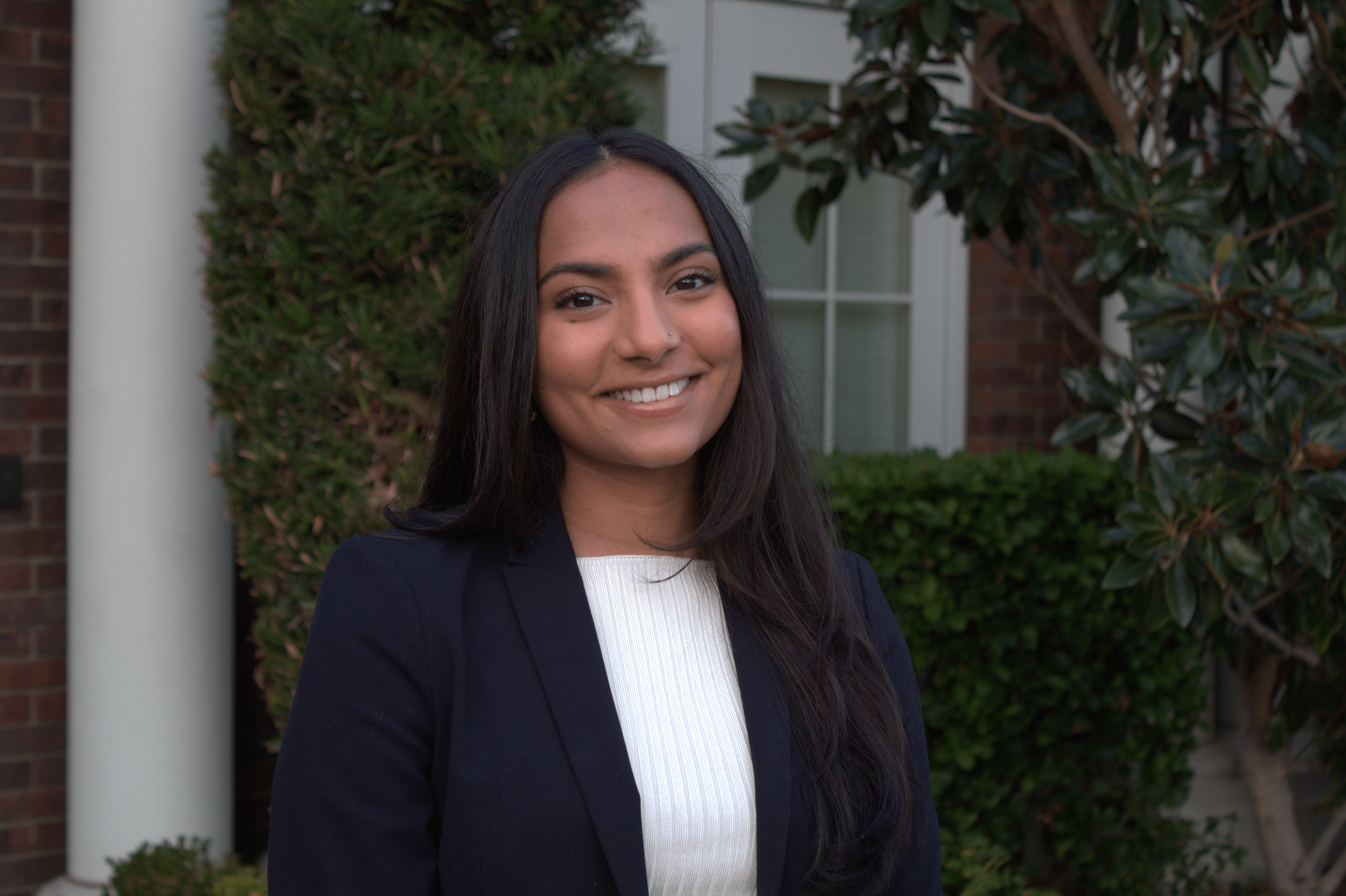By Hurya Ahmed ’25
“Just as medical students need to complete hours in a hospital in order to graduate, every law student should be required to have clinical experience before entering the workforce.” The words of my clinical director on the last day of our workshop stuck with me. As I carry what I learned in clinic forward, I could not agree more. How can we expect lawyers, responsible for ensuring that their clients are compliant with federal securities regulations, for example, to graduate without ever having talked to a client? More than the substantive legal knowledge of corporate entity structure, applying for a patent, or the classic loopholes in a subcontractor agreement, the Harvard Transactional Law Clinics (“TLC”) taught me that relationships are of paramount importance in any field of the law, not just in transactional work.

My most important relationships in the clinic were with my clients and my supervisor. Client management includes, inter alia, setting client expectations, building personal rapport, keeping them informed, and genuinely caring about their success. With my supervisor, I learned to provide deliverables well in advance of client meetings in order to receive feedback, receive constructive criticism during reviews, and keep her notified of my progress and challenges on each matter. The growing pains associated with any of these skills are not something one can learn to tackle in a classroom or doctrinal textbook. They come with interacting with community members face to face, hearing the excitement in their voice when describing their ideas, their frustration when something isn’t done right or quickly enough, and staying by their side until the deal is done. TLC, in taking on low-income clients with aspirations of setting up their LLC, registering their trademark, or reviewing their commercial lease agreement, allows clinical students to serve their community while learning the ropes of a vital and substantial part of contemporary legal practice.
In fact, I joined TLC because during the first year of law school, students get exposure to and experience primarily in litigation through reading cases, taking classes like Civil Procedure, and completing the first-year Ames moot court competition. It’s a foregone conclusion that if one wants to do transactional work, they must learn it on the job. TLC presented a unique opportunity to gain exposure to this field of work while still in school, finding out what exactly it entails without committing to it long-term.
Throughout the course of the semester, student advocates in the clinic routinely discussed whether transactional law promotes social justice. Some students argued that considering one to be promoting social justice while merely competing tasks like drafting contracts and forming entities would dilute the meaning of the term. True social justice, to them, meant amplifying underrepresented voices and radically pursuing causes that directly pertain to their marginalized identities. Others were more hopeful that their work, in some way, was a piece in the puzzle of redistribution of wealth and long-term success of low-income families. I tended to fall in the second camp.
TLC, being a legal clinic, provides transactional legal services to clients that would otherwise not be able to obtain them, due to lack of resources or access. Student advocates are intentionally trained to be aware of cultural backgrounds different from their own, varying levels of education, unique family and economic circumstances, and language barriers. They are also introduced to client-centered practice, which prioritizes client input throughout the legal advising process, and how it is necessary for clients to feel a sense of ownership over the legal decisions that affect their livelihood. At every juncture, one’s guiding question must be, “how does this help our client pursue their end goal?’
For our clients, one word in a draft contract or missed deadline in the fine print can be the difference between a once-in-a-lifetime opportunity to open their business or secure a loan, and having to forego that chance altogether. For me, this meant that providing legal counsel for someone working toward a lifelong dream of starting their business and propelling their family forward financially was the privilege of playing some role in the advancement of economic parity and justice. Especially in a country with wealth disparity as great as ours, clinical students get to play a special equalizing role when we help our clients navigate complex legal jargon, the frameworks of corporate entity law, and other transactional hurdles.
TLC presents the perfect nexus of pursuing both the public interest and gaining exposure to transactional work. Finding its niche in the promotion of social justice is a personal journey. One can be sure, however, that the relationships developed during the experience will last a lifetime.
Filed in: Clinical Student Voices
Contact Office of Clinical and Pro Bono Programs
Website:
hls.harvard.edu/clinics
Email:
clinical@law.harvard.edu